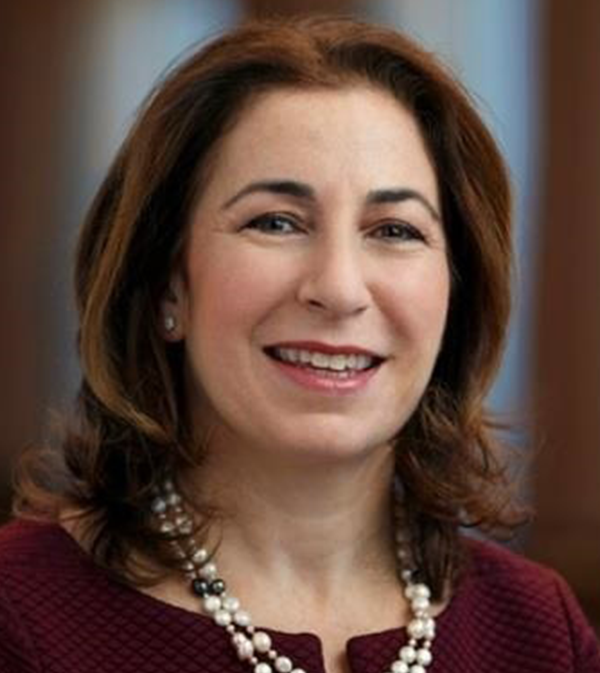In today’s world, creating workplace cultures of connection, belonging, purpose and resilience has never been more challenging, or more critical. The people quitting their jobs aren’t disappearing — they’re taking other jobs. That’s why Thrive is launching Thriving Onboarding, which is now available to all of our customers and partners. It has quickly become one of our most popular Learn courses, with over 1,000 employees around the world engaging with it.
Onboarding is no longer just about giving new hires the information they need to get on board. It’s about creating an ongoing, meaningful relationship with new hires, and establishing a way of working that will keep them on board. As evidenced by today’s tight labor market, workers have higher expectations from employers. They’re not just looking for a paycheck. They want to be part of a workplace community that supports their values, their well-being and their mental health. They want to do work that has an impact.
Bank of America is focused on creating this kind of community, and worked with Thrive to build a program that both enhances the Bank’s onboarding and helps other companies to create their own strong foundation. For Bank of America, onboarding is an essential part of employee success and the start of a career-long support system to help teammates learn and grow. This summer, the company began to introduce changes to its onboarding to ensure a consistent experience for new hires and managers, and create a better connection to company values and culture from the start.
A new, whole human approach to onboarding is also one of our biggest opportunities to address some of the most significant challenges facing our workplaces. According to a recent survey by The Conference Board, 77% of HR executives report an increase in employee burnout, up from 42% two years ago. And Gallup’s State of the Global Workplace: 2022 found that only a third of employees feel engaged, with 60% saying they feel emotionally detached at work and 19% saying they are “miserable.” And yet, on the flipside, according to research by Brandon Hall Group, companies with an effective onboarding process see productivity gains of over 70% and increased retention of new hires by 82%.
Onboarding presents a unique opportunity to set employees up for sustainable success — with well-being at the center. Thriving Onboarding is based on the “fresh start effect,” the scientifically-proven concept that we experience a motivational boost after reaching a milestone or landmark. Starting a new job is a key life-work moment, when we’re uniquely positioned to reflect on who we want to be at work, what we prioritize in our life outside work, and how we can connect to the larger purpose of our work. With this foundation, employees will be able to set ambitious goals and meet them — without burning out.
Thriving Onboarding is designed to support employers and employees at key stages of onboarding and be tailored for each company. This starts with the first week and includes checking in at 30, 60 and 90 days into the experience. This phased approach gives employees the tools they need to learn, build new habits and set priorities as their role evolves. And it gives managers the tools to support their people over time in the ways that matter most.
Key Thriving Onboarding concepts and strategies that can be tailored by company include:
- The Entry Interview: a conversation on day one between a new hire and their manager in which the first question is, “What’s important to you in your life outside of work and how can we support you?” It’s about acknowledging that we take our whole selves to work, and that nobody should have to choose between being successful at their job and being fulfilled in other parts of their lives.
- How to reframe common limiting beliefs about success and burnout when starting a new role.
- Strategies for prioritizing well-being and building meaningful and productive relationships with new managers and teammates. According to research by McKinsey, an employee’s relationship with their manager is the single biggest factor in job satisfaction. In fact, the Developing a Relationship with Your Manager module has become the most popular from the course so far (followed by Compassionate Directness) – illustrating the need for stronger relationships between managers and their team members.
- Compassionate Directness: about creating a workplace culture in which employees are empowered and encouraged to speak up, give feedback, disagree and surface problems in real time — with compassion, empathy and understanding.
- Microsteps: small, science-backed steps we can take to build habits that set us up for success in a new role in key ways, including reducing stress, sustaining high performance, setting boundaries and more.
This approach, when paired with a company’s own strong onboarding experience, helps meet the changing expectations of employees today while setting the employee and the company up for success tomorrow.



